leshanshi specialty
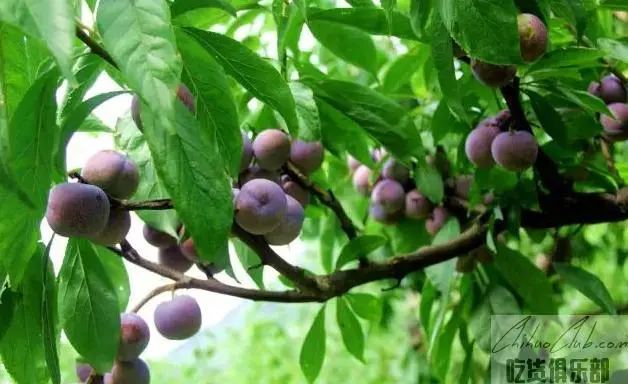
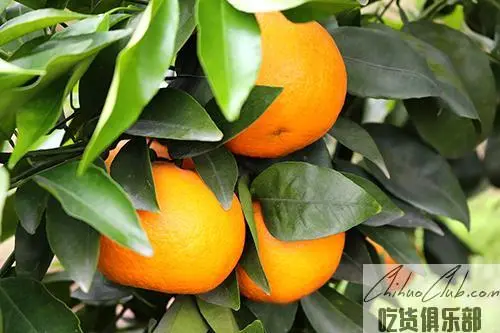
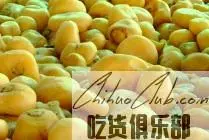
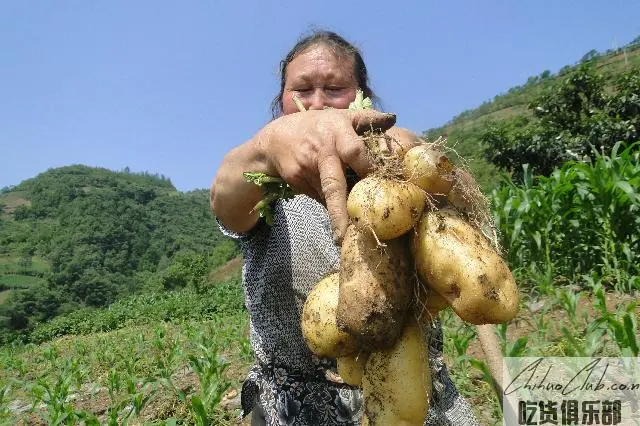
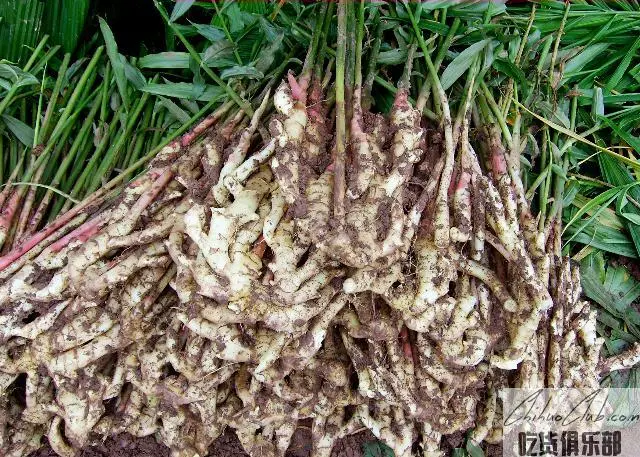
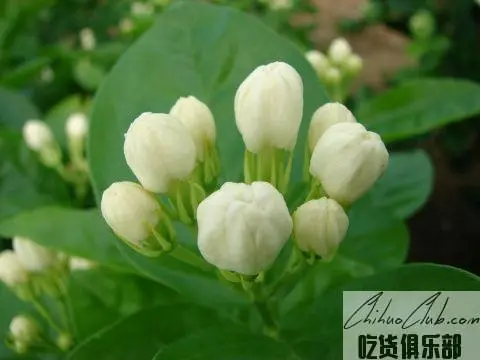
犍[qián] is a county located in the lower reaches of the Minjiang River and on the southwestern edge of the western Sichuan Plain. It is the Dongdaemun of Leshan City, which is located in the east of the river. It is a place where the natural conditions are unique and the humanities and geographical features are obvious. It has a traditional characteristic tea processing technology. The jasmine tea leaves are tightly curled or slender, delicate and tender, green and moist, with sharp seedlings, mellow and sweet, the leaves are soft and even, the flowers are dry and white, the flowers are rich and sweet, and the flowers are sultry. The soup is spring water, clear and green, with a special "cooked flavor".
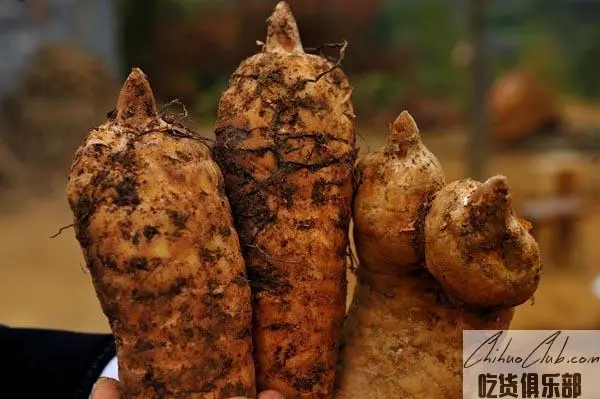
Jinkouhe Wutianma is mainly produced in Jinkouhe District, Leshan City, Sichuan Province. Jinkouhe Wutian Ma Ma is rich in Tianmaxiang pod aldehyde, mucus, crystalline neutral substance, vitamin A, etc. It has a long history, is a traditional Chinese medicine, can also be used as health food, and is a national tertiary protection plant. .
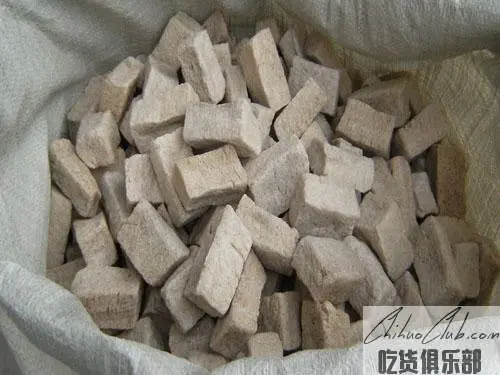
Emeishan Snow Magic is a special product of Emei Mountain in Sichuan Province and a traditional food for local monks. The konjac is easy to taste when cooked. It has the characteristics of soft texture, fresh taste, fragrant but not greasy, unique flavor, etc. It has become a famous food in Emei Mountain and enjoys a high reputation at home and abroad.
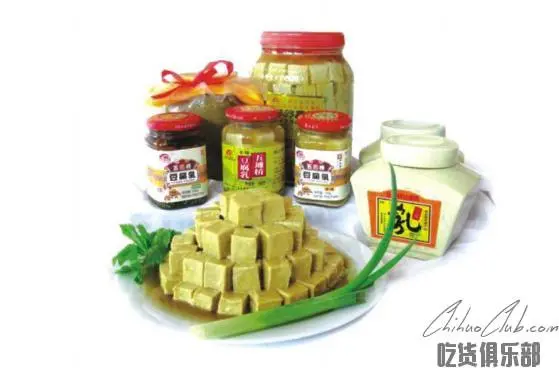
Wutongqiao bean curd, Wutongqiao bean curd milk, also known as Wutongqiao mucor bean curd milk, also known as Wutongqiao mucor bean curd, traditional traditional Chinese cuisine in Wutongqiao District, Leshan City, Sichuan Province. The color is yellow, the block is neat, the texture is fine, the aroma is rich, the aroma is tangy, and the aftertaste is endless.

As a unique bamboo resource, the bamboo shoots have been planted for hundreds of years. The bamboo shoots are conical, the tip of the head is thick, the bamboo shoots are light yellow and lustrous, and the thickness is roughly uniform; the texture is soft and crisp, the surface is smooth and layered, and the smell is fragrant. It is non-polluting, fleshy, crisp, delicious and rich, and is rich in a large amount of crude fiber, high-quality plant protein, amino acid and calcium, phosphorus, iron, carotene, vitamin B1, B2, C, etc., the quality is better than other Production area.

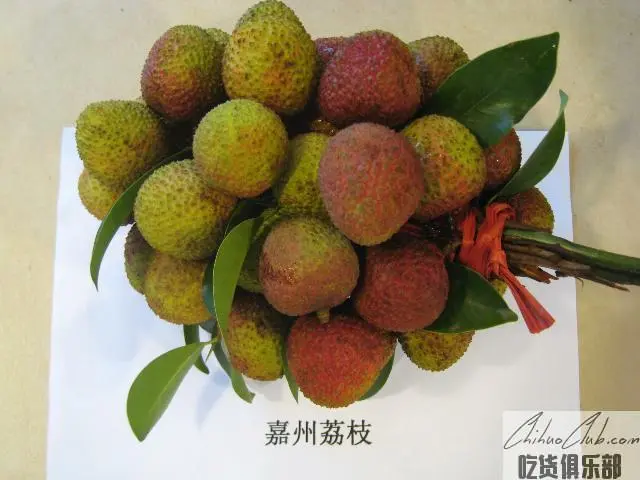
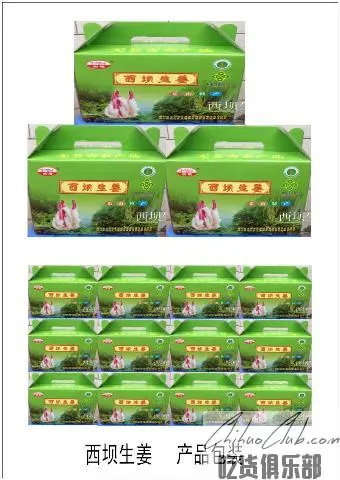
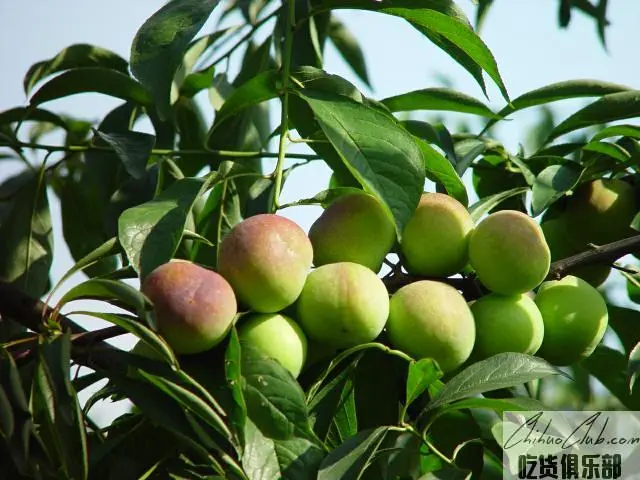
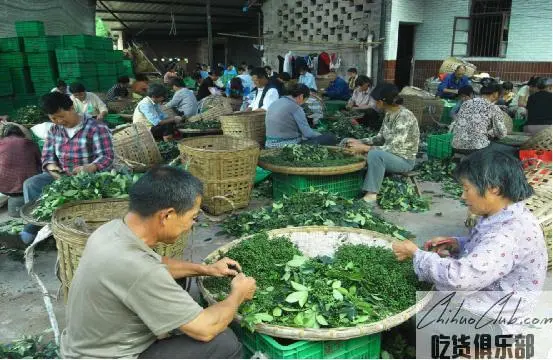
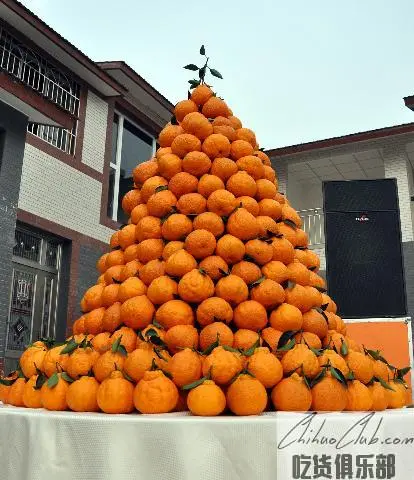
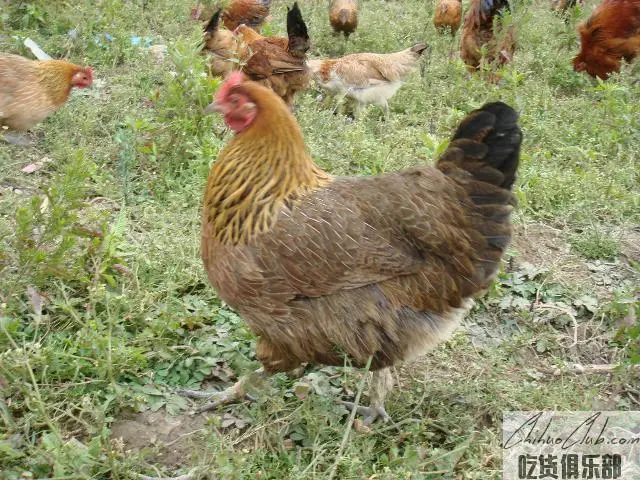
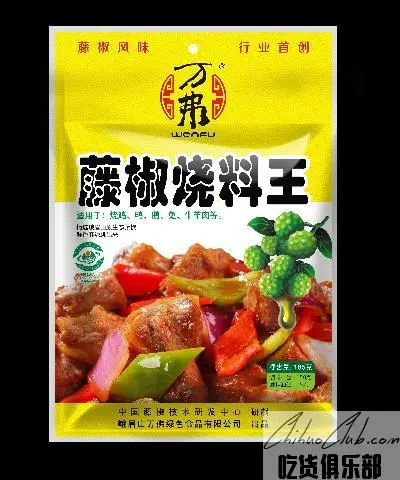
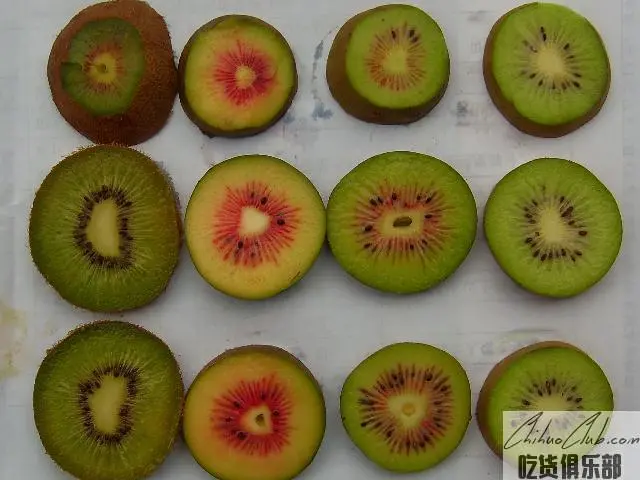
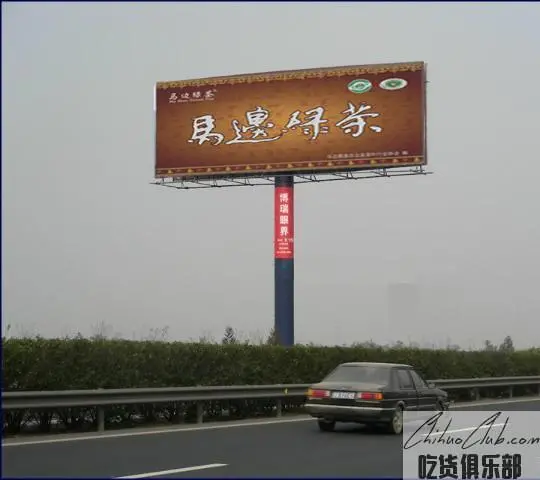
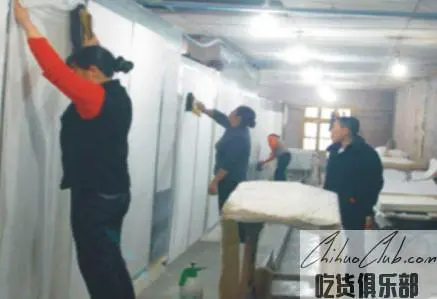
Jiajiang painting and calligraphy paper began in Tang, following Song, Xing Yuming, Sheng Yuqing, production through 15 links, 72 procedures completed, paper has "muscle, oily, iron plate (cotton tough), white, hand (Selection) "Five characteristics, said "five skins", infiltration and water absorption performance, retaining the color of the ink is excellent. There are three “most” in Jiajiang calligraphy and painting paper: the traditional craftsmanship is the most perfect, the output is the largest, and the variety is the most. During the reign of Emperor Qianlong, it was designated as “Wenhan Roll Paper” and “Palace Paper”, and it was “Gongzhi” by the Imperial Point; at the beginning of the last century, it was called “the second treasure of the country” by Zhang Daqian together with Anhui Xuan paper;
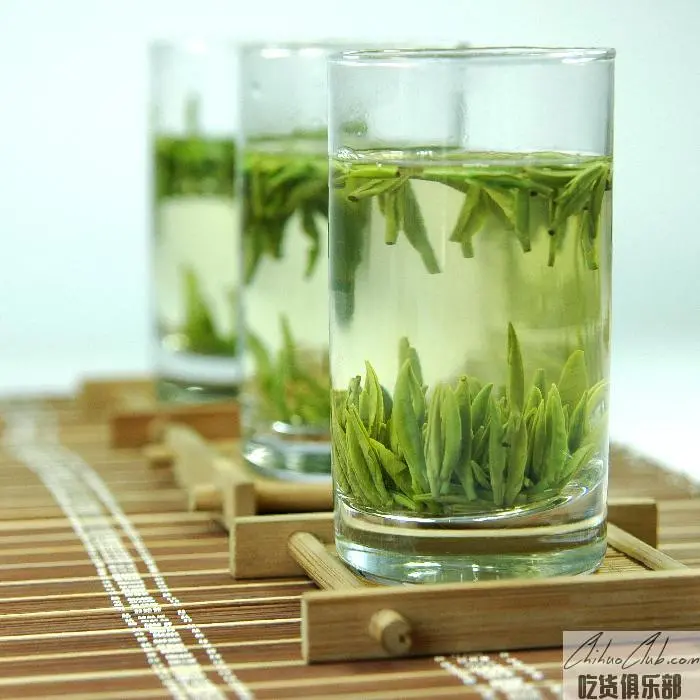
Emeishan tea is mainly produced in Leshan City, Sichuan Province. Emeishan tea has a long history, its flat and straight, green and oily, fragrant and long-lasting, fresh and mellow, is a quality product in tea. Emeishan's unique natural environment and unique tea resources and long-standing religious culture have formed a wide variety of high-quality tea production and tea culture. In particular, its Buddhist tea culture has a long history and far-reaching influence.
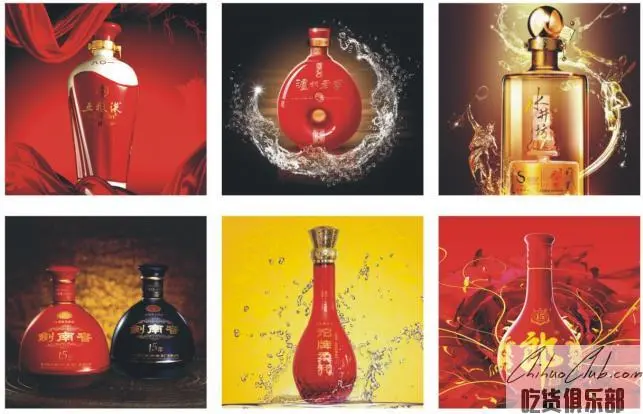
Chuanjiu (Chinese liquor golden triangle) is divided into three categories, namely, Luzhou-flavor liquor, sauce-flavor liquor, and fragrant liquor. a distilled liquor produced in the unique natural environment of Sichuan; the mother of the koji and wine is used as a saccharification starter, and the starch (glycogen) raw material is brewed, saccharified, fermented, distilled, aged and blended. All kinds of white wine; the wine is colorless (or yellowish) transparent, the smell is pure and aromatic, the entrance is sweet and refreshing, the alcohol content is high, and after storage, the compound fragrance with ester as the main body; The storage period is more than one year, and the alcohol content is generally above 38 degrees.
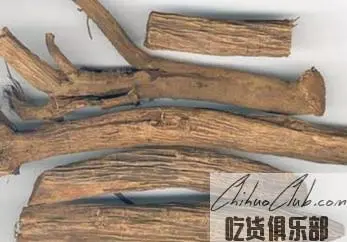
Jinkou River Achyranthes is a geographical indication protection product, mainly produced in Jinkouhe District, Leshan City, Sichuan Province. Jinkou River Achyranthes has the effect of promoting blood circulation, replenishing liver and kidney, strengthening bones and muscles, diuretic Tonglin, and blood (fire) down. It is a commonly used Chinese herbal medicine.
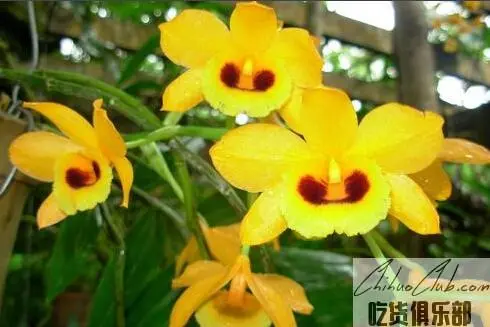
Because of its production in Jiajiang County, Jiajiang scabbard sarcophagus is called "Jiajiang scabbard stone scorpion". It has a long history of planting, and it grows on the tree shrews of pear, mulberry, walnut, plum, cherry, willow, and sassafras. At the time, Ishigaki was called the planting flower (aka: hanging orchid, rejuvenating grass), and the vitality was extremely strong. There were bales of grass, iron grass, and pole grass.
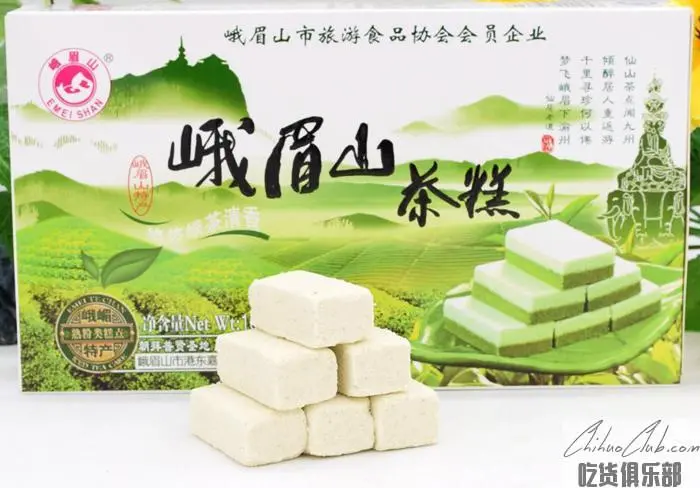
Emei cake, also known as white sugar cake, traditional cakes in Sichuan, has a history of nearly a thousand years. Originally made of brown sugar and glutinous rice, it is called yellow sugar cake. To the Ming Dynasty, the process ingredients have been greatly improved. 60% glutinous rice, 40% soybeans are ground into powder, and brown sugar is added. The name is changed to soybean cake and it becomes a famous product of Emei. After the liberation, the output of white sugar increased, and the sugar was changed to a white sugar cake. In 1959, when the trademark was registered, it was changed to Emei Cake.
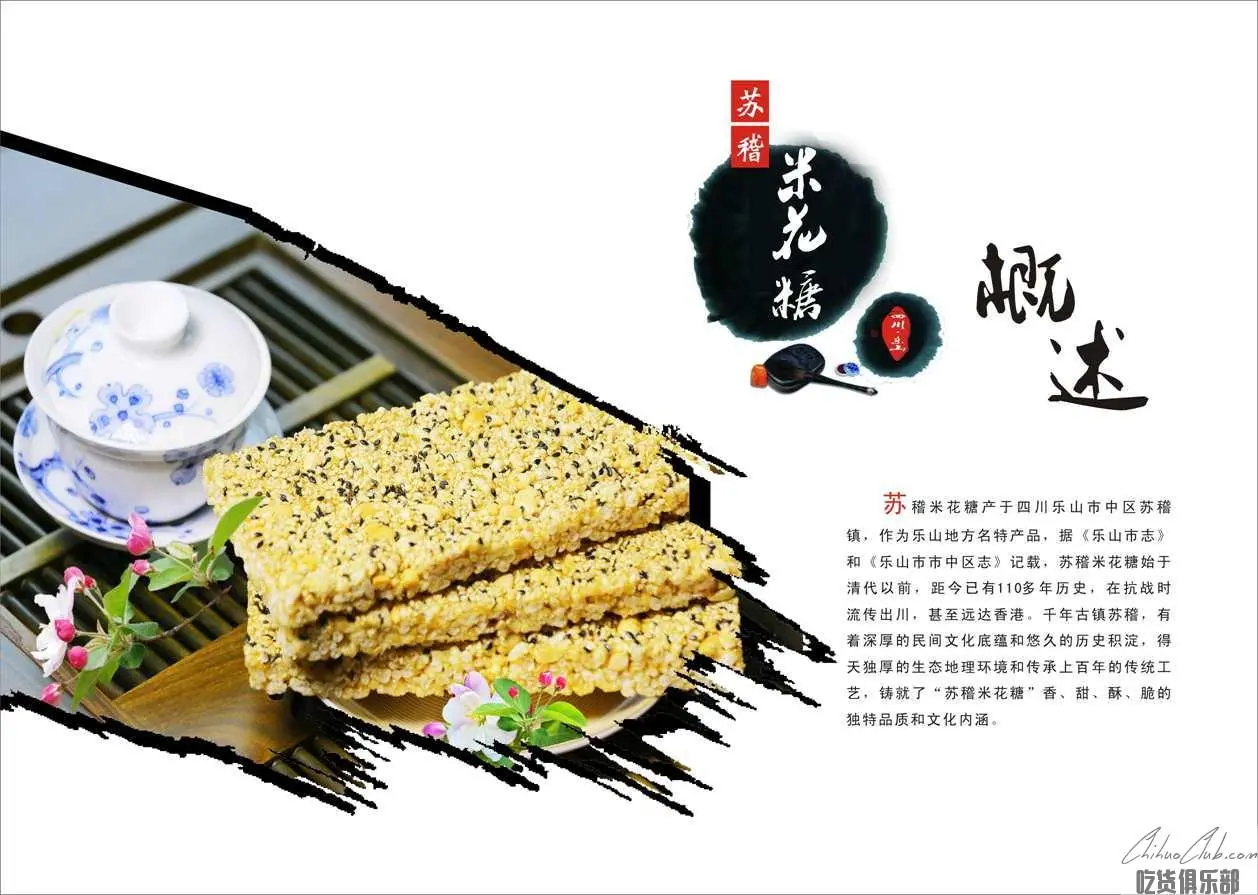
Suji rice flower oil is rich in flavor, pure in taste, crispy in taste, non-sticky, sweet and delicious, slag, long lasting, with unique characteristics of "fragrance, sweetness, crispness and crispness". No food additives are added during processing.
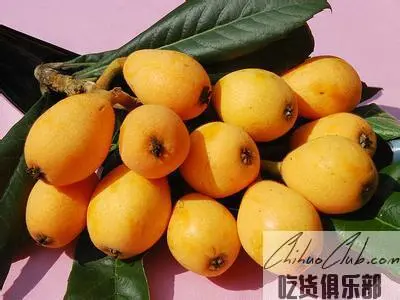
Wengong Temple is a unique variety of Renshou County. The origin of Wengong Temple is located in the south of Ershen Mountain in Renshou, Sichuan Province. It is famous for its large fruit, bright color, thin skin, thick flesh, softness, juicy juice, delicious taste and high quality. It has high yield per plant, large fruit and sugary High volume, unique flavor, high nutritional and medicinal value.
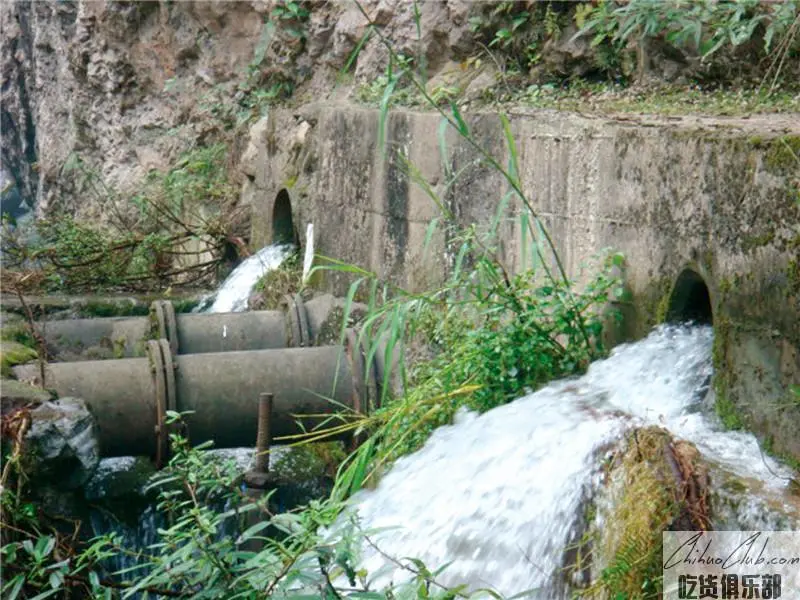
The water source of Emei Mountain mineral water is taken from the beautiful Emei Mountain Range, and the W16 Spring of Longmen Cave is more than 2,000 meters above sea level. The spring is not dry in summer, and the taste is clear and radiant. Due to the long-term infiltration of various mineral salts in the stratum, it is rich in minerals such as strontium which are beneficial to the human body and a variety of essential trace elements.
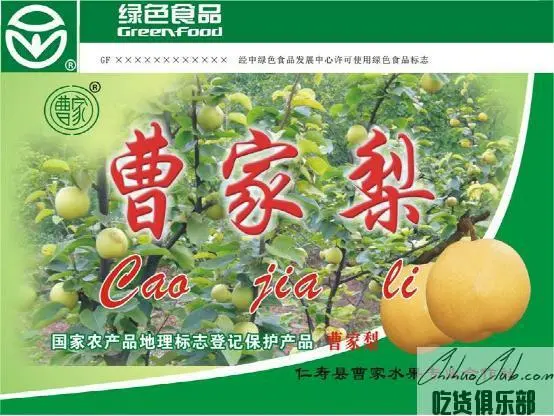
Caojiali is a famous specialty of Caojia Township, Renshou County, Meishan City, Sichuan Province. Caojiali relies on special soil and climatic conditions. It has smooth leather surface, delicate fruit, sweet and slag of fruit flesh, minimal core, and clear heat. Summer, clear heart and lungs and other characteristics.